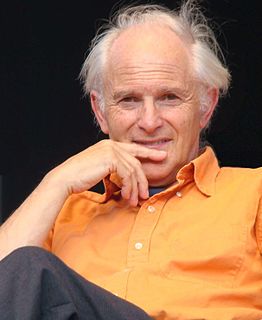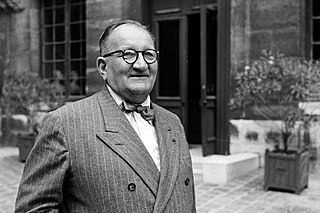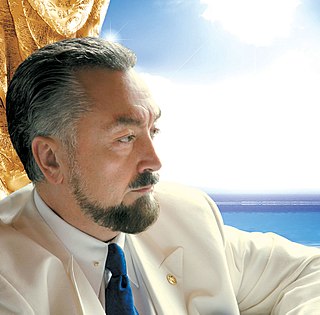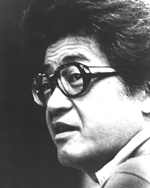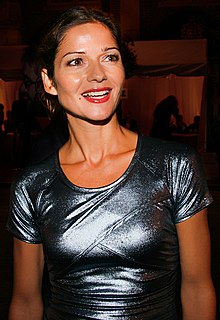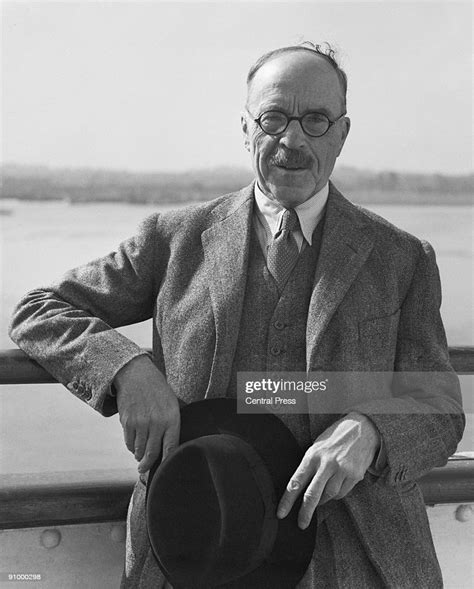A Quote by Harry Kroto
Many think of the sciences as merely a fund of knowledge. Journalists never ask scientists anything other than what the applications are of scientific breakthroughs. Interestingly, I doubt they ever ask a musician, writer, or actor the same question. I wonder why.
Related Quotes
Why are there organized beings? Why is there something rather than nothing? Here again, I fully understand a scientist who refuses to ask it. He is welcome to tell me that the question does not make sense. Scientifically speaking, it does not. Metaphysically speaking, however, it does. Science can account for many things in the world; it may some day account for all that which the world of phenomena actually is. But why anything at all is, or exists, science knows not, precisely because it cannot even ask the question.
And one day we must ask the question, "Why are there forty million poor people in America?" And when you begin to ask that question, you are raising questions about the economic system, about a broader distribution of wealth. When you ask that question, you begin to question the capitalistic economy.
But we should ask the question: Why should a writer be more than a writer? Why should a writer be a guru? Why are we supposed to be psychiatrists? Isn't it enough to write and tell the truth? It's not like telling the truth is common. Writers are the earthworms of society. We aerate the soil. That's enough.
Philosophers often think all scientists must be scientific realists. If you ask a simple question like "Are electrons real?" the answer will be "Yes". But if your questions are less superficial, for example whether some well-known scientist was a good scientist. Then, they had insisted that only empirical criteria matter and that they actually did not believe in the reality of sub-atomic entities. Ask "If that turned out to be true, would you still say they were good scientists?" The answer would reveal something about how they themselves understood what it is to be a scientist.
You ask people, do you pray to [a person or] God. If you say yes to that, you're religious by, presumably, anybody's standards of your conduct. And it's the yes to that question that applies to 40% of scientists. So, there're plenty of atheists who are scientists or not scientists. There maybe a conflict but many people in this country coexist in both worlds.
No aphorism is more frequently repeated in connection with field trials, than that we must ask Nature few questions, or, ideally, one question, at a time. The writer is convinced that this view is wholly mistaken. Nature, he suggests, will best respond to a logical and carefully thought out questionnaire; indeed, if we ask her a single question, she will often refuse to answer until some other topic has been discussed.
